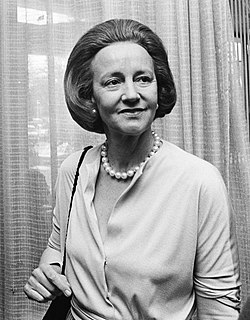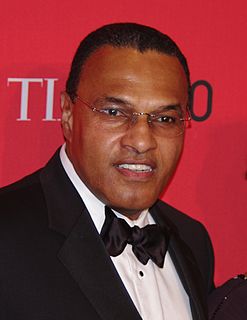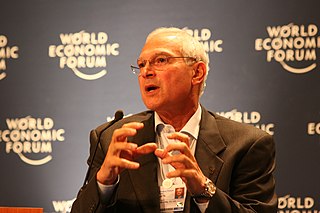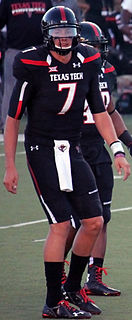A Quote by Katharine Graham
There have been two periods in my lifetime when the excitement of government and of public issues drew to Washington many of the bright young people graduating from colleges and law schools. These were essentially the Roosevelt and the Kennedy years.
Related Quotes
Over the past 100 years, there have been three major periods of tax-rate cuts in the U.S.: the Harding-Coolidge cuts of the mid-1920s; the Kennedy cuts of the mid-1960s; and the Reagan cuts of the early 1980s. Each of these periods of tax cuts was remarkably successful as measured by virtually any public policy metric.
It's true that many of the leaders who started at non-elite colleges as undergrads later attended prominent graduate schools in law, business, medicine, and so on. But the point is that they found their own way there - as young men and women in their early 20s, not teenagers pressed into action by parents and peers.
Until Eleanor Roosevelt, there was only one or two First Ladies in all of American history who made an impact, who people could even have recognized or identified. And it's really only been since Jackie Kennedy that there's been this idea that the family life of the president is such a central thing.
One of the things that is nice about these old pastors - they were young at the time - who went into the Middle West is that they were real humanists. They were often linguists, for example, and the schools that they established were then, as they are now, real liberal arts colleges where people studied the humanities in a very broad sense. I think that should be reflected in his mind; appropriately, it is.
We need to send hundreds of millions of dollars down to our public high schools, vocational colleges, and community colleges to begin training people in the green-collar work of the future - things like solar-panel installation, retrofitting buildings that are leaking energy, wastewater reclamation, organic food, materials reuse and recycling.
Fifty years ago, great schools like the University of California and the City University of New York - as well as many state colleges - were tuition free. Today college is unaffordable for many working class families. For the sake of our economy and millions of Americans, we must make higher education more affordable.
We guided our children. We supported them. We were there for them. But once you start going through your list of schools that present a potential opportunity, a young man or a young woman has to be happy with their decision. If they are unhappy, then their whole four years of college are going to be some of the most miserable memories of their lifetime.



































